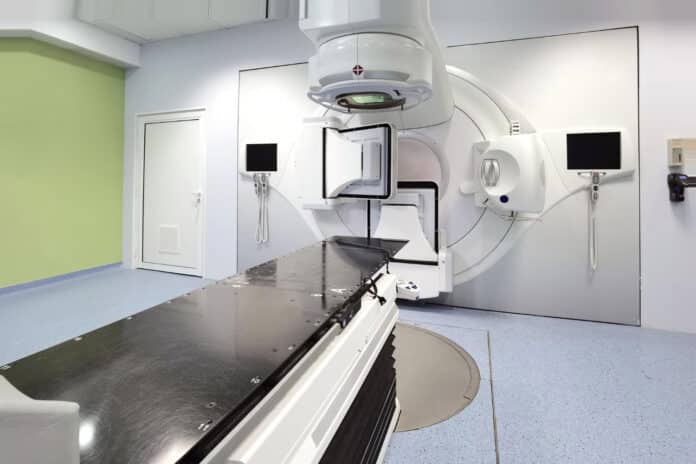Breast cancer is a prevalent malignancy affecting millions of women worldwide. One of the primary treatment modalities for breast cancer is radiotherapy, which significantly improves patient outcomes by targeting and eradicating cancer cells. However, the duration of radiotherapy treatment often spans several weeks, posing challenges for patients regarding time commitment, logistics, and potential treatment interruptions.
In recent years, a promising approach known as radiotherapy boost has emerged, aiming to shorten the overall treatment duration while maintaining its efficacy. This study explores the impact of radiotherapy boost on breast cancer treatment duration to provide valuable insights for enhancing treatment efficiency and improving patient experiences.
Results from the IMPORT HIGH trial, published in The Lancet, revealed that incorporating a targeted additional dose of radiotherapy known as a simultaneous integrated boost (SIB) during whole breast treatment significantly reduces the time required to complete breast cancer treatment by at least one week. This trial, supported by Cancer Research UK and the National Institute of Health Research and Care Research (NIHR), demonstrates that SIB radiotherapy, administered at the appropriate dosage, is equally effective in reducing the risk of cancer recurrence in the treated breast compared to existing techniques.
The study indicates that after five years, the probability of cancer recurrence in the treated breast remained extremely low across all treatment groups. Patients who received the lower SIB radiotherapy dose reported comparable side effects rates, such as breast hardening or firmness, to those who followed the standard sequential radiotherapy schedule. Women at a higher risk of cancer recurrence in the treated breast receive an additional radiotherapy dose at the original tumor site following whole breast radiotherapy, a technique known as sequential boost, to maximize the removal of any remaining cancer cells from the breast.
Sequential boost radiotherapy, involving four weeks of treatment, including three weeks of whole breast radiotherapy followed by one week of boost treatment, is the standard practice for breast cancer patients in the UK. In some countries, the treatment duration extends to 6.5 weeks. However, a study involving 2,617 patients across 76 centers introduced simultaneous integrated boost (SIB) radiotherapy, reducing the overall treatment time to 3 weeks. This approach not only enhances time efficiency but also considers the potential long-term side effects, such as changes in breast shape, size, and texture, which can impact women’s self-esteem and well-being. The study found no advantages for a higher boost dose, which also resulted in slightly increased rates of side effects.
Professor of Breast Cancer Clinical Oncology at the University of Cambridge, NIHR Professor and chief investigator for the trial, Professor Charlotte Coles, said: “Some women have to live with permanent breast changes after radiotherapy, which may affect their well-being. With SIB, we can deliver high-quality, effective radiotherapy while minimizing its toxicity. This is a careful step towards even shorter courses of radiotherapy that include more complex techniques. By delivering more targeted boost radiotherapy over shorter periods, women can get on with their lives more quickly.”
The NIHR-funded FAST Forward trial demonstrated that whole breast radiotherapy could be completed within a week, offering a shorter treatment duration. Building upon this, researchers aim to conduct another clinical trial to investigate if simultaneous integrated boost (SIB) radiotherapy can be administered to patients requiring a boost in just one week. Professor Judith Bliss, leading the IMPORT HIGH trial at the Institute of Cancer Research, London, highlighted the effectiveness of targeted radiotherapy boosts in reducing the risk of cancer recurrence, emphasizing the potential for streamlining treatment by delivering boosts simultaneously with whole breast radiotherapy.
Implementing SIB radiotherapy could lower patient costs, reduce treatment and recovery time, and allow for more efficient use of healthcare resources. Cancer Research UK’s Chief Executive, Michelle Mitchell, emphasized the importance of innovative approaches in addressing staff shortages and ensuring timely treatment, urging treatment centers globally to embrace these advancements to combat breast cancer and provide patients with more quality time with their loved ones.
Journal Reference:
- Charlotte E Coles, Joanne S Haviland et al. Dose-escalated simultaneous integrated boost radiotherapy in early breast cancer (IMPORT HIGH): a multicenter, phase 3, non-inferiority, open-label, randomized controlled trial. The Lancet. DOI: 10.1016/S0140-6736(23)00619-0.
